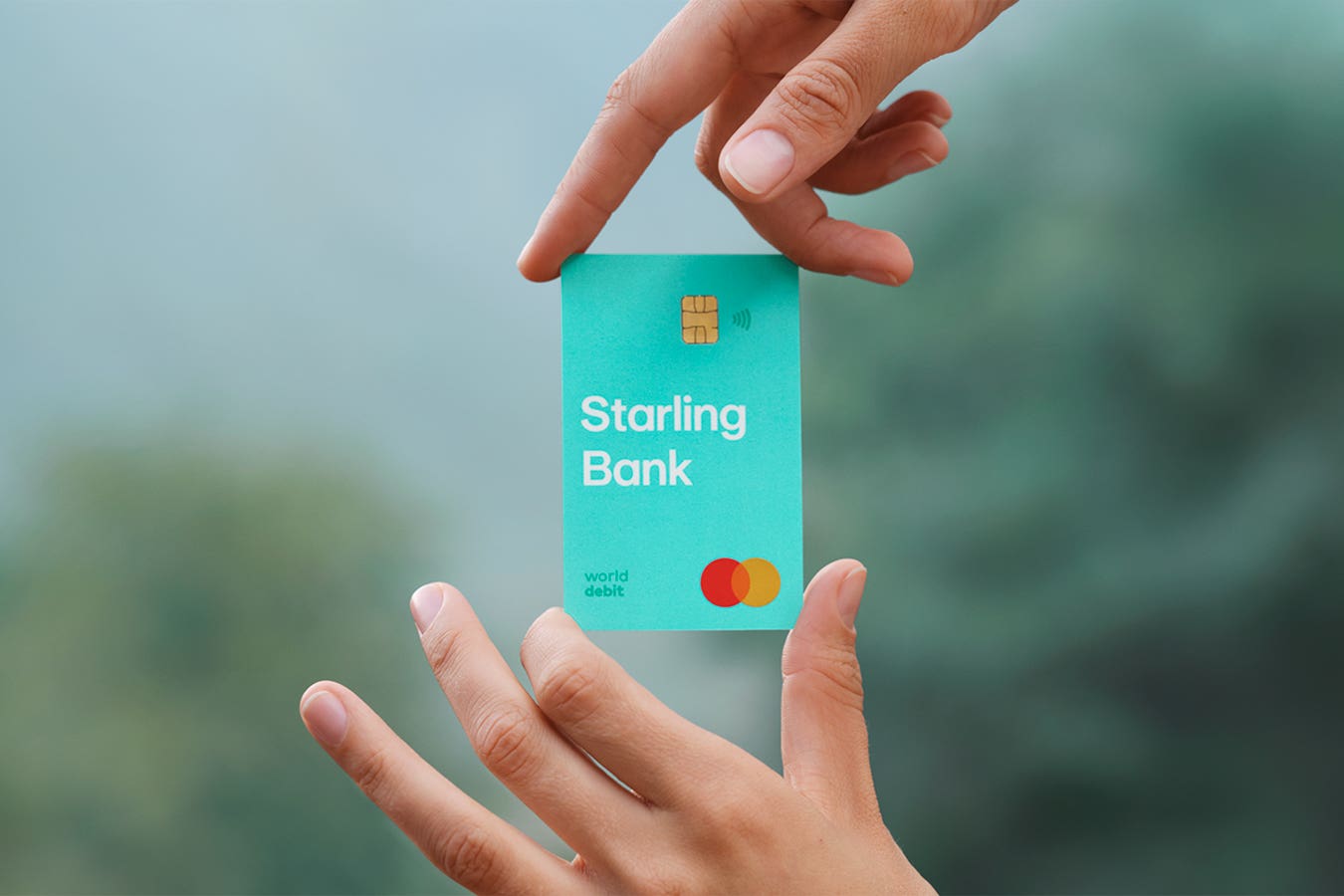Starling Group says still committed to future IPO as profits leap
The digital lender reported pre-tax profits surging 54.7% to £301.1 million for the year to March 31.

Your support helps us to tell the story
From reproductive rights to climate change to Big Tech, The Independent is on the ground when the story is developing. Whether it's investigating the financials of Elon Musk's pro-Trump PAC or producing our latest documentary, 'The A Word', which shines a light on the American women fighting for reproductive rights, we know how important it is to parse out the facts from the messaging.
At such a critical moment in US history, we need reporters on the ground. Your donation allows us to keep sending journalists to speak to both sides of the story.
The Independent is trusted by Americans across the entire political spectrum. And unlike many other quality news outlets, we choose not to lock Americans out of our reporting and analysis with paywalls. We believe quality journalism should be available to everyone, paid for by those who can afford it.
Your support makes all the difference.Starling Group has said it is “very committed” to future plans for a London stock market listing as the digital lender revealed higher interest rates helped annual profits surge by 55%.
The bank’s interim chief executive, John Mountain, said while the group had not decided when to list, plans for an initial public offering (IPO) were being discussed regularly by the board and shareholders.
London would also be its “natural home” for any potential flotation, he added, in what would see it buck the recent trend that has seen a swathe of firms choose overseas stock markets for their IPOs or to switch their listings abroad.
We've always been very much a UK tech business and the London Stock Exchange would be a natural home for us
Mr Mountain said: “A number of shareholders’ investment strategies are based around a public-private approach.
“The timing we need to look at, but we’re very committed to that.”
“We’ve always been very much a UK tech business and the London Stock Exchange would be a natural home for us,” he said.
He said that incoming permanent chief executive Raman Bhatia – formerly boss of gas and electricity supplier Ovo Energy – would update on potential listing plans after he takes the helm on June 24.
Mr Mountain declared Starling was no longer a challenger player but a “thriving established bank” as it reported pre-tax profits jumping by 54.7% to £301.1 million for the year to March 31 – its third year of profitability.
Higher UK interest rates “provided a strong tailwind” to its net interest margin – a key performance measure for retail banks – which lifted to 4.34% from 2.72%.
Mr Mountain said it was rolling out its banking software, Engine, globally with aims for this side of the business to possibly overtake the retail banking arm in the future.
The lender last year signed Salt Bank in Romania and AMP Bank in Australia as its first two customers for Engine.
Mr Mountain said: “It was a breakthrough year for Starling as we became a global provider of banking software as a service through our subsidiary Engine by Starling.
“We’ve heavily invested in Engine because we’re confident it can one day become as big as the UK bank, or bigger.”
Starling’s results showed it hiked its impairment provisions to £47 million from £34.5 million the previous year as it saw a “very modest” increase in arrears, largely across its mortgage lending, with some increased default rates on its unsecured small business loans.
The group saw growth in deposit base slow to 4%, taking the total to £11 billion, amid intense competition in the sector as customers switched to find the best rates on savings.
It saw overall gross lending drop to £4.7 billion from £4.9 billion the previous year as it runs down the government-backed business loan book built up during the pandemic.
Starling was founded by Anne Boden in 2014, but she announced she was stepping down as chief executive of the lender in May last year.
She said it was “in the bank’s best interests” to separate her role as chief executive and as a large shareholder.
Mr Mountain – formerly chief operating officer – replaced her on an interim basis in June last year.
It employs around 3,500 people across offices in London, Southampton, Cardiff and Manchester.